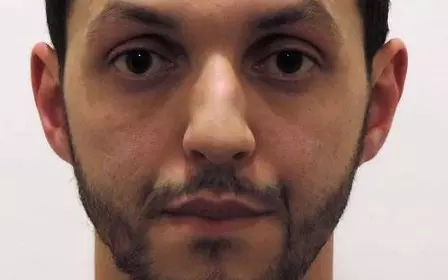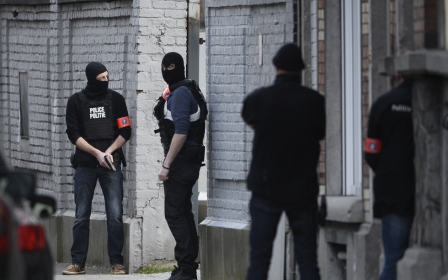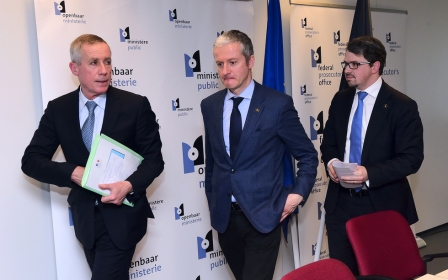France to create network of regional 'de-radicalisation' centres

The French government is to create “de-radicalisation centres” in each region of the country to prevent disaffected Muslims becoming involved with militant groups, the country’s prime minister said on Monday as he laid out new anti-terrorism measures.
“The fight against jihadism is without doubt the big challenge of our generation,” Manuel Valls said at a news conference in Paris, flanked by the interior and justice ministers.
The plan, which will cost $45.5m by 2018 on top of the current government funding, aims to double existing efforts to help people already in militant networks or those likely to join such groups.
Valls said the first of 12 planned de-radicalisation centres could be set up by this summer and that the new residential centres would accept referrals from judicial authorities.
They will be individuals "we cannot put in prison", he said.
The measures are a response to the deaths of 147 people in attacks in France last year when gunmen stormed the Paris offices of Charlie Hebdo satirical newspaper and a Jewish supermarket in January 2015, killing 17 people, and the coordinated attacks on the capital claimed by the Islamic State group last November in which 130 people were killed.
The new anti-terrorism measures come after authorities said that nearly 10,000 people in France have been radicalised and capable of violent actions, according to Le Parisien newspaper.
About 1,600 young people in France are in state-run de-radicalisation programmes, but there is just one state-backed residential centre operating in France.
The centre near Bordeaux is strictly voluntary for participants, who are usually referred by family members. The new scheme aims to bring the total to 3,600 within two years.
New security measures
Valls also used Monday’s news conference to announce the introduction of increased background checked for French citizens in security-sensitive job, such as those working in airports and transport hubs.
There will also be additional security screening in advance of the Euro 2016 football competition, which is due to be held in the country next month.
He also announced the establishment of a new panel to coordinate work between researchers and anti-terrorism officials.
This follows comments last month by the French Youth and Sports Minister Patrick Kanner that as many as 100 suburbs in France shared the same characteristics as Molenbeek in Belgium, the economically depressed Brussels suburb where many of the Paris attackers lived.
Earlier this year it was reported that the first of the new centres to be opened in the wake of the Paris attacks would be located near Tours in the Loire region in central France.
Described by local media as a “boarding school for radicalised French youths”, it will reportedly be able to accommodate up to 30 people at a time, but faces opposition from local residents.
Speaking in April local mayor Jean-Luc Dupont, said: “We have just learned that a centre will open here, but we were never at any moment consulted about this. Talking of radicalised people is scary.”
New MEE newsletter: Jerusalem Dispatch
Sign up to get the latest insights and analysis on Israel-Palestine, alongside Turkey Unpacked and other MEE newsletters
Middle East Eye delivers independent and unrivalled coverage and analysis of the Middle East, North Africa and beyond. To learn more about republishing this content and the associated fees, please fill out this form. More about MEE can be found here.




